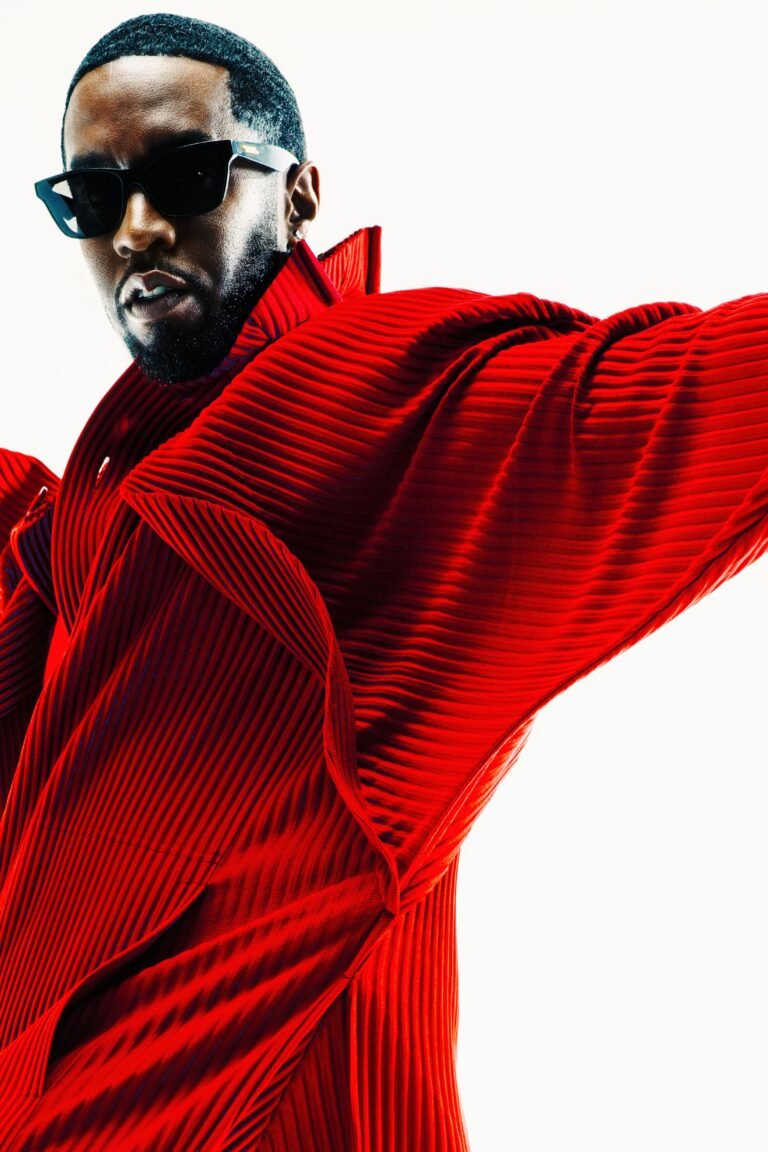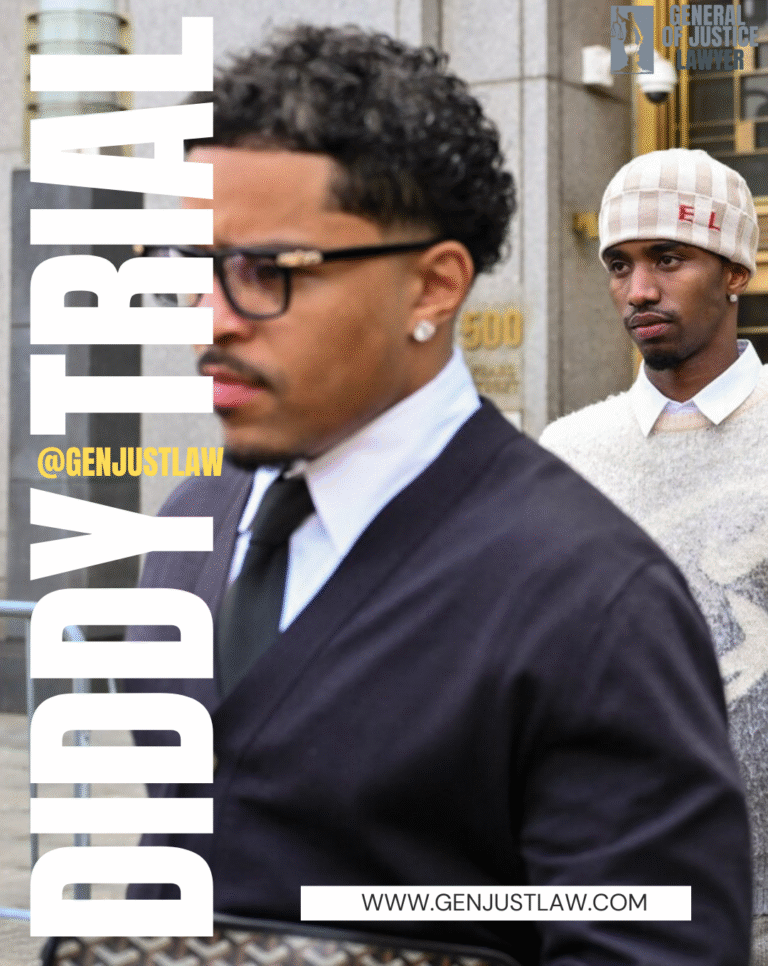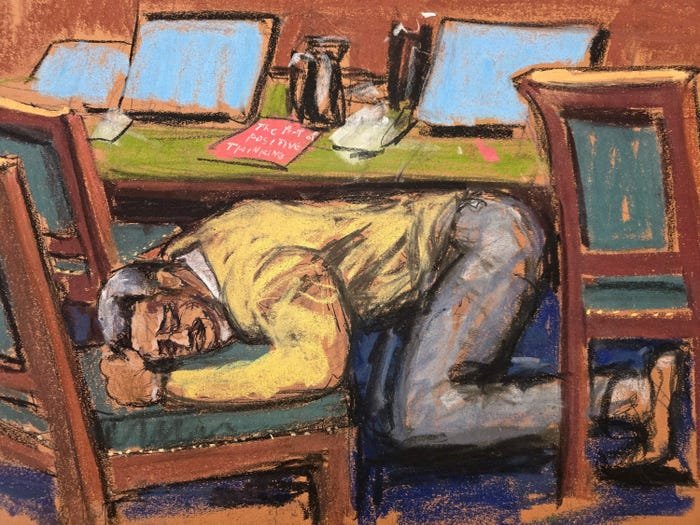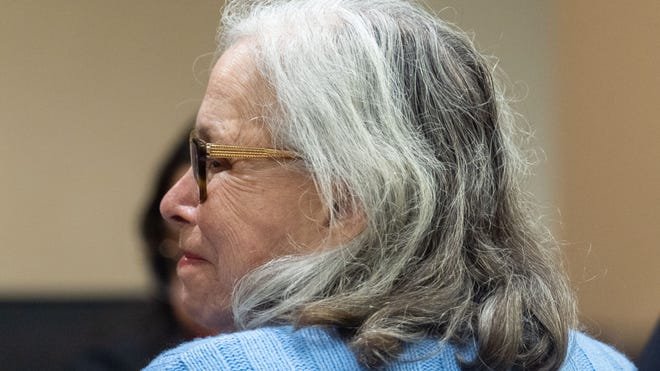
Manhattan, May 29 2025
In a Brooklyn courtroom, Cassie Ventura’s voice echoed on May 14, 2025, as she recounted years of alleged abuse by Sean “Diddy” Combs. “It happened too many times,” she testified, her words setting the tone for a gripping trial (CNN).
Charged with racketeering conspiracy and sex trafficking, Combs pleads not guilty, facing a prosecution determined to prove he ran a criminal empire built on coercion. With the defense poised to respond next week, the prosecution’s case woven from witnesses, videos, and raids has captivated the public. Can it sway a jury beyond a reasonable doubt?
Witnesses Take Center Stage

The prosecution’s strength lies in its witnesses, each painting a portrait of Combs as a controlling figure. Cassie, his ex-girlfriend, described a decade of physical and emotional torment, backed by a 2016 hotel video showing Combs attacking her (NBC News).
Capricorn Clark, a former Bad Boy Entertainment staffer, testified on May 19 about being kidnapped and threatened by Combs, suggesting a pattern of intimidation (USA Today).
An accuser known as “Mia” recently alleged coerced sexual acts, with her testimony ongoing (ABC News). Rapper Kid Cudi added a dramatic twist, claiming Combs ordered a 2012 firebombing of his Porsche, tying it to the racketeering charge (Hollywood Reporter).
Supporting evidence includes a March 2024 raid on Combs’ Miami home, uncovering AR-15 parts and drugs, though no fingerprints directly implicate him (NBC News).
Hotel records from 2010, presented by L’Ermitage’s Frederic Zemmour, revealed Combs using aliases like “Frank Black” to hide his tracks (court records).
However, the prosecution hit snags: a reset laptop and a damaged one yielded little digital evidence, as Homeland Security’s Joshua Croft admitted (trial testimony).
Legal Strategy: Strengths and Hurdles
The prosecution aims to prove Combs used his Bad Boy label as a front for abuse and trafficking, a narrative bolstered by multiple accusers spanning years.
The hotel video is a cornerstone, offering undeniable proof of violence. Yet, defense attorney Marc Agnifilo argues the relationships were consensual, casting doubt on witness motives (NBC News).
The lack of forensic evidence, like fingerprints, and a rejected mistrial motion over jury bias pose challenges.
As @genjustlaw tweeted on May 20, the prosecution must meet a high bar: proving criminal intent beyond a reasonable doubt.
Global Echoes

Diddy’s trial resonates globally, mirroring legal scrutiny in South Korea and France. In South Korea, actor Kim Soo-hyun, dubbed “Kdiddy” by netizens amid an alleged March 2025 dating scandal with Kim Sae-ron, faces lawsuits from advertisers like Anua for allegedly breaching endorsement contracts (Yonhap).
Unlike Diddy’s criminal charges, Kim’s disputes remain civil with no guilty verdict. In France, the Affaire Pélicot, where Dominique Pélicot is tried for orchestrating mass abuse, highlights stricter victim privacy laws, contrasting U.S. public trials (Le Monde). These cases underscore the global challenge of navigating justice and celebrity.
Looking Ahead
With the defense set to counter next week, likely attacking witness credibility and emphasizing consent, the prosecution’s case faces a test. Will jurors see a criminal empire or a series of misunderstandings?
The public is hooked, and @genjustlaw will keep you posted. Can the prosecution’s narrative hold, or will Combs walk free?
Author

Latest entries
 Donna Adelson Trial2025-09-05Donna Adelson Found Guilty on All Counts in Dan Markel Murder Case
Donna Adelson Trial2025-09-05Donna Adelson Found Guilty on All Counts in Dan Markel Murder Case True Crime2025-09-03Epstein Files: Survivors Break Silence on Capitol Hill
True Crime2025-09-03Epstein Files: Survivors Break Silence on Capitol Hill US2025-09-03Cardi B Assault Trial Verdict — She’s Not The Drama
US2025-09-03Cardi B Assault Trial Verdict — She’s Not The Drama US2025-08-30Jim Crow Era — Louisiana’s Split Juries Problem and the Limits of Retroactivity
US2025-08-30Jim Crow Era — Louisiana’s Split Juries Problem and the Limits of Retroactivity






